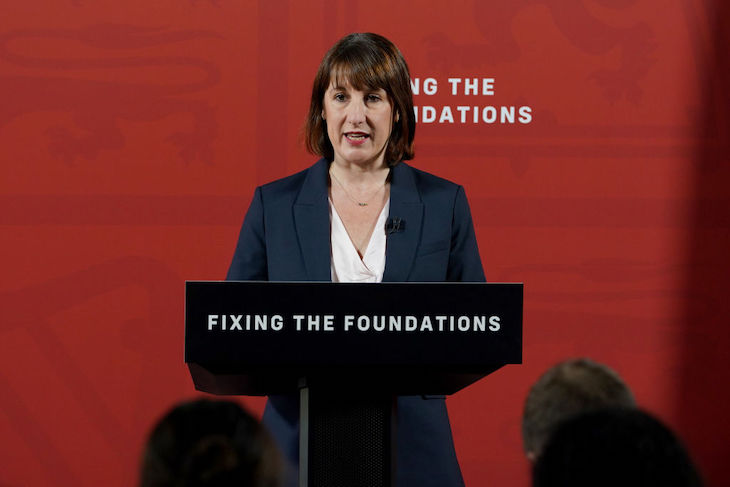Rachel Reeves wakes to mixed headlines today after she announced a range of spending cuts to part fill a £22 billion ‘shortfall’ in public spending for this year alone. The Chancellor accused the Tories of spending money they did not have in government and going more than six billion pounds over budget on asylum. These claims have been rubbished by the former chancellor Jeremy Hunt who in turn suggests that Reeves is indulging in political theatre having been reluctant to openly talk about tax rises and difficult spending choices in the election.
Monday’s political theatre paved the way for tax rises in the autumn budget
The most controversial move by Reeves on Monday was her decision to axe the winter fuel benefit for pensioners not eligible for benefits. That saves £1.5 billion but has already been blasted by Martin Lewis and Age UK as a blunt measure that will hurt those on modest pensions who struggle to make ends meet. But there is more hard medicine to come. Reeves also scrapped the social care Dilnot cap which means pensioners could find themselves giving up their homes if costs spiral. Then Reeves’s cabinet colleagues also have to do their bit – with an order to find departmental cuts to the tune of £3 billion.
But the biggest controversy could be yet to come: tax. Monday’s political theatre paved the way for tax rises in the autumn budget. Reeves specifically cited welfare as an area where further difficult decisions would need to be taken given the current ballooning bill. That could spell trouble for Keir Starmer in his tussle with Labour MPs over lifting the two-child benefit cap (around £3 billion). Yet there are already plenty of clues as to who is most likely to carry the burden under this Labour government.
In the press conference on Monday afternoon at the Treasury, Reeves was asked what counts as a working person, given she and Starmer repeatedly say they don’t want to raise taxes on working people. She replied: ‘A working person is someone who goes out to work for their income’. It suggests that those expected to ‘do their bit’ are likely to be the asset rich. Juxtapose the decision to find money for a 22 per cent pay increase for junior doctors with the move to axe the winter fuel allowance for all elderly not on benefits.
Already Reeves has moved on pensioners – and more could be to come. Despite Labour’s public claims during the election campaign, some of this is logical. After 14 years of Tory government, a party is back in power whose voters tend to be younger and struggling to get (or stay) on the housing ladder. It means a reckoning is coming.
Listen to more on Coffee House Shots:







Comments